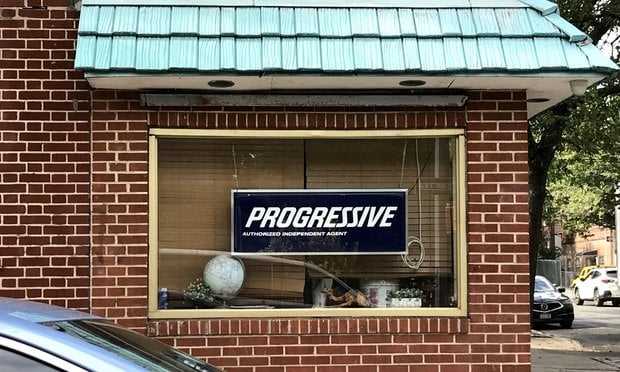Progressive Casualty Insurance is facing a class action suit filed by a New York policyholder, who alleges the insurance company undervalues and underpays claims after a vehicle is deemed a total loss by using non-standard adjustment reports to determine the actual cash value (ACV).
The suit claims the reports, prepared by Mitchell International, use “projected sold adjustment,” which are deceptive and unexplained, contrary to appraisal standards and methodologies and “not based in fact, as they are contrary to the used-car industry’s market pricing and inventory management practices,” according to the court documents.
Prior to the rise in online car buying, a dealership’s advertised price had very little to do with enticing potential buyers as many would visit a lot based on the inventory available, not price, the suit alleges. Since buyers were more driven by stock than cost, dealerships would often price vehicles above market. This allowed sellers to realize higher profits from consumers with poor negotiating skills, while leaving room for downward negotiation when dealing with a savvier buyer.
However, since online buying allows for easy price comparisons, shoppers are now more likely to seek out vehicles “priced to market” rather than above. “As such, a negotiated discount off the cash price is highly atypical,” according to the suit, which pointed out that these discounts should not be included when determining ACV.
“. . . Insureds who have suffered a total loss of their vehicle and need to procure a replacement have limited time to search out the illusory opportunity to obtain the below-market deal defendants assume always exists without any explanation or support,” according to the court documents.
Further, Progressive allegedly disregards data that contradict a projected sold adjustment. For example, until July 2021, the reports excluded any data indicating the sold price exceeded the list price. Other data that was ignored included sales from “no-haggle” dealerships and “every transaction where the sold price equaled the advertised price,” according to court documents.
Read the full article here


